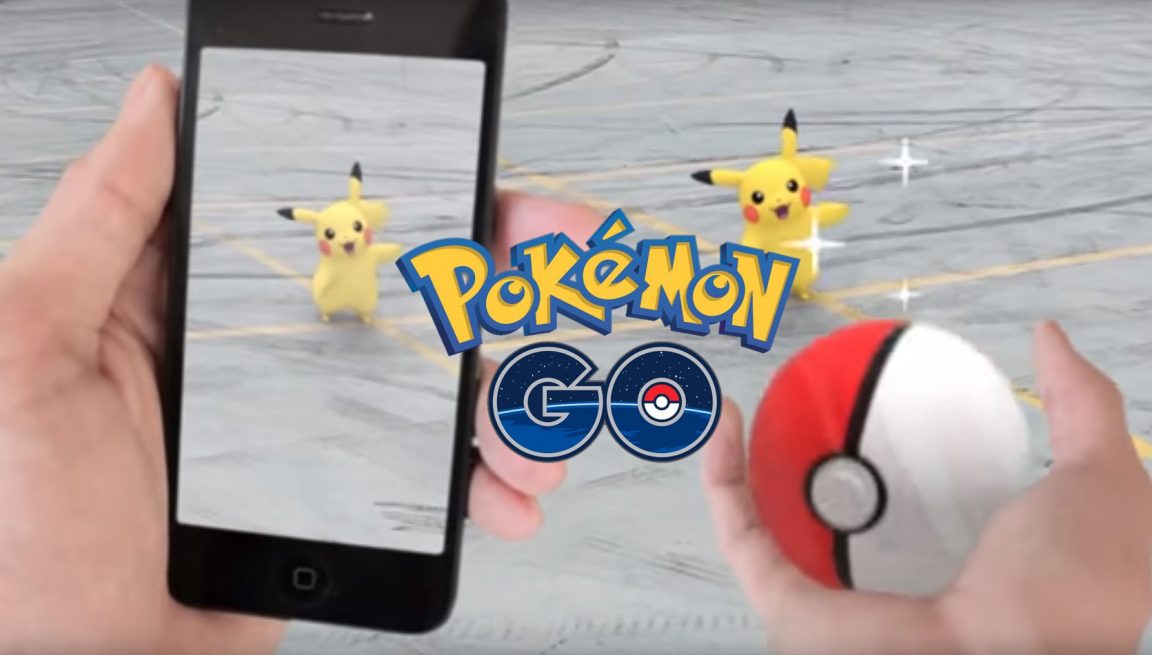Sales Tax
Taxing Pokemon: States Get In On the Action
Lures aren’t the only way to spend real money in the Pokémon world. Although free to play, “Players can spend real money on PokéCoins, the in-game currency of Pokémon Go.” 99 cents gets you 100 PokéCoins; $99.99 buys you 14,500. According to developer ...
Jul. 31, 2016

I have an 11-year-old son, so I know a little something about Pokémon. I’ve examined hundreds of Pokémon cards, diligently reading through the descriptions and attempting (futilely) to make sense of the game. I’ve read the books, seen some TV shows. I even have a favorite — Pikachu, of course.
But I don’t pay close attention to the world of Pokémon (and my son doesn’t have a phone), and so somehow the U.S. introduction of Pokémon Go on July 6 passed without my notice. I’m a bit embarrassed to admit that it wasn’t until last week that I learned of it, after inquiring why a neighbor was scanning her surroundings with her phone.
The popularity of the game illustrates the fact that sales of digital goods and services continue to grow. Unfortunately, it’s not always easy to determine how to tax digital.
PokéStops draw gamers to real locations to stock up on digital game gear, and savvy business owners located near PokéStops have realized that spending a little money on digital lures can draw more potential customers to their vicinity. An Atlanta café spent $40 on such digital lures, which it then refreshed every 30 minutes. In a similar vein, a San Francisco deli nestled between a PokéStop and a battle arena created a charging station for phone batteries drained by the game. Deli owner David Nottage III intends to capitalize on the craze by adding more Pokémon-related activities soon.
Are these forms of advertising, or participation in a game, or digital goods/services? Determining the type of transaction is essential to determining its taxability.
Charges associated with Pokémon Go are likely to be considered by some states as some sort of digital good or service. In fact, Pennsylvania’s new tax on digital goods, effective August 1, 2016, is already being called thePokémon Tax.
Lures aren’t the only way to spend real money in the Pokémon world. Although free to play, “Players can spend real money on PokéCoins, the in-game currency of Pokémon Go.” 99 cents gets you 100 PokéCoins; $99.99 buys you 14,500. According to developer Niantic Labs, this is a way for “players to buy consumable items they could normally find in the wild without too much effort” (The Verge).
As an example, neither California nor Georgia apply sales tax to digital goods and services, so long as no tangible personal property is involved (see Publication 109). And in a growing number of states and countries, including Nebraska, Tennessee, and Washington, these transactions are already subject to tax. Several other states, like Vermont, are considering such a tax. Learn more about the taxability of digital products.
The world of digital goods and services is fast-paced and states struggle to keep their tax laws and policies up-to-date. That’s why savvy companies that sell digital seek the assistance of tax professionals and tax automation software – to stay compliant with complex and changing rules.
Simplify sales and use tax compliance in the real world with sales tax software-as-a-service (SaaS), so changes in product taxability won’t catch you off guard. Learn more.
